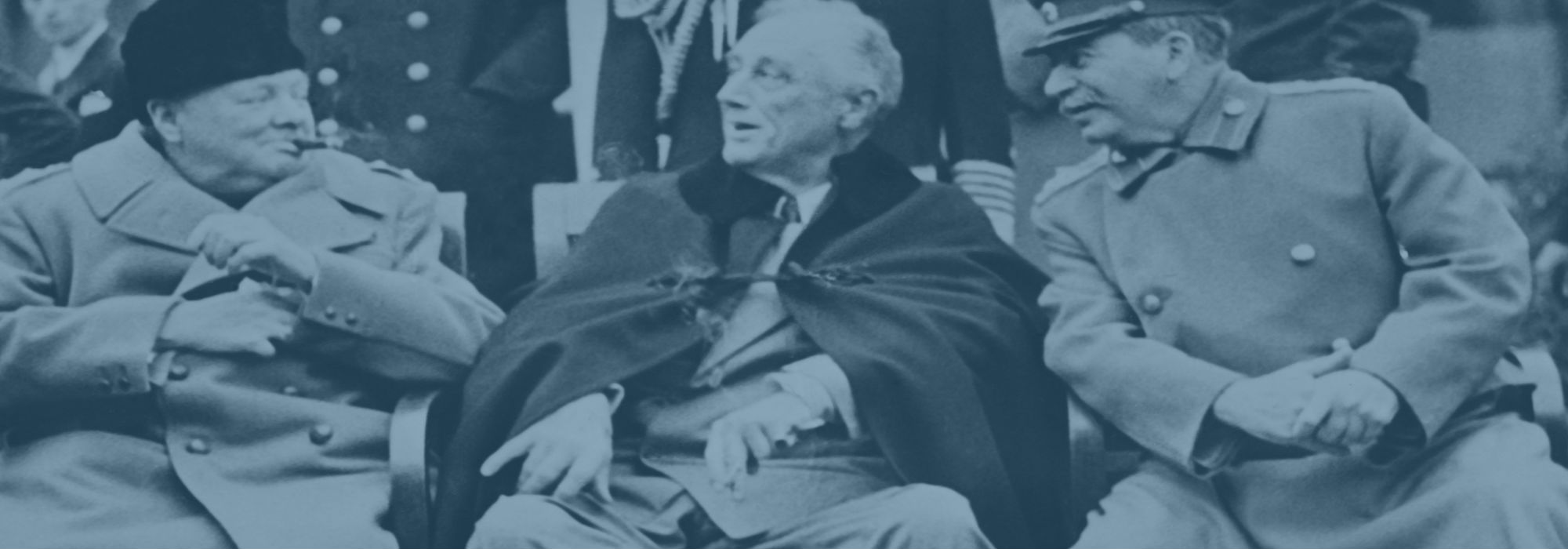By George Friedman
Yesterday I wrote on the lack of decorum at the presidential debate. I received some very thoughtful emails in response, and no physical threats, so I thought I would expand a bit on what I said and some other issues relevant to selecting leaders through a democratic process.
First, when I spoke of decorum yesterday, I specifically meant in a forum like the presidential debate. It is a place where your political opponent is present. It is a place where the entire world is watching. Decorum is the respect you owe to others. The viewers deserve to see their future leaders respect rules they agreed to. The candidates are obligated to show that they can respect each other in spite of their differences. They may not respect each other privately, but as candidates for president, they claim to be leaders. If you are going to lead you have to set an example of how to treat those who disagree with you. I thought decorum was called for in this place and time.
I am not arguing that our presidents should have led decorous private lives. I want leaders who have lived, who have made errors, fought fights, done business, fallen in and out of love. I want them to have been drunk and stupid, and have taken absurd chances. I want them to have cut corners, sometimes getting away with it and sometimes paying the price. I want the president to have lived a life like I have. In a democracy, the leader ought to be drawn from the people, and in whole or in part, or practicing other vices, this is how the American people live.
When I was in college I knew someone who intended to go into politics. He was 19 and systematically avoided anything that might prove “a problem” to his future career. What he avoided was everything that a normal 19-year-old might do. I couldn’t articulate then what I can now: I do not want to be led by someone who has led a life free of trial, error, remorse and forgiveness. I do not want to be led by anyone who hasn’t moved to the edge of the abyss because I want my leader to know what the abyss looks like and how to back away slowly. I do not want what we think of as a flawless leader, because being flawless is itself a vice. I want to be led by someone who has grappled long and hard with life. I will not list the venal sins humans are prone to, but I want the person who walks into a room with Vladimir Putin to know the demons that can drive a person. I want someone who has learned prudence, not someone whose soul was always so timid or ambitious that he never had to learn. It is a dangerous world and I want a president who knows how to be dangerous if he has to be – and knows when not to be.
As a voter, I simply want to know that this is someone who has lived. I do not want to know the details. I have lived a life I have enjoyed immensely. I have tried many things, failed at some, succeeded in others. I have many regrets and many things I wish I could live again. I do not intend to lay out all the things I have done in public. This is my private trove, and not meant to be shared. I would not respect a presidential candidate who has none of these things, nor would I respect a presidential candidate who sent out a press release detailing them. I value privacy and I value a presidential candidate who demands it too. I would vote against any candidate who could honestly say he has never done anything he doesn’t want to hide. Obviously, there are things that disqualify certain people from leadership. A sadistic soul would be one such thing. Timidity would be another. But these are things that would be sensed over the years in which a presidential candidate is in the public eye, just as we would sense the depth of a president’s experience with life.
I believe that character is far more important than policy proposals. A president’s policies are rarely enacted. The president is not an emperor. He is one of three branches of government. As Barack Obama learned, policies are not made by presidents alone. In addition, the most important challenges in a presidency are those the president never thought he would face. George W. Bush had no policy for 9/11. At that moment, all the policy papers he read and had written were rendered meaningless. The only thing that mattered was what he could conjure up on the edge of the abyss. His response was a reflection of his soul, not of the writers of policy papers. And in putting character above policy I want to sense his soul, to anticipate how he might deal with the unexpected. Hearing declarations of all the good things that an election will bring takes me nowhere. I want to know that the president has faced adversity and knew how to make decisions when he was afraid. And I don’t want a president who hasn’t experienced fear.
Two of the greatest leaders of the last century were Franklin D. Roosevelt and Winston Churchill, both made leaders by different democracies. Roosevelt had a serious illness but did not flaunt his disability. Nor did he publicize the fact that he was terribly ill with heart failure in 1944. Churchill was an alcoholic. I do not know whether he could stop drinking if he chose, because there is no evidence that he ever chose to. He drank morning, noon and night.
Neither could be elected president or prime minister today because these things would disqualify them. And that would have been a catastrophe for Western civilization. I suspect that disease made Roosevelt a stronger man, and drinking calmed some of the passions Churchill had shown as a young man. Abraham Lincoln was clearly manic depressive. John F. Kennedy was a prodigious womanizer. Thomas Jefferson was in constant financial difficulty. Dwight Eisenhower had a towering and frightening temper.
I make it a simple rule that any vice that would have disqualified these men from office cannot be simply considered a vice. There was more to all these men and having them lose elections because of their vices would have been disastrous. What would we have done without them? Yet, none could be elected today.
I will assume that anyone who has reached the age of running for president has done things he does not want made public. There is the sense that presidents (or anyone else in leadership positions) ought to be held to higher standards. I fully agree. We must demand from the president courage, generosity, vision and above all the ability to lead. We cannot and must not demand that he not have lived, and it is in that living that we encounter good and evil. It is our task as voters to determine what he has learned.
And one sign for me that the candidate has the ability to lead is that he has self-control, both at the debate and during the campaign. Other signs are honesty, the willingness to listen as well as speak, the tenor of the voice when angry and the ability to impose self-control at all times, the ability to think without a staff present. I think we would have seen this with Roosevelt, in spite of the fact that he had an affair while in the White House, and with Churchill, apart from the fact that he had a passing relationship with sobriety.
I do not want a president who has led a decorous life. I want a president who can be gracious in public, not because he wants to be seen as gracious, but because he has learned to be. And I want a president who has lived through the dark night of the soul, and can do it again, because the president will have to.







 The Geopolitics of the American President
The Geopolitics of the American President